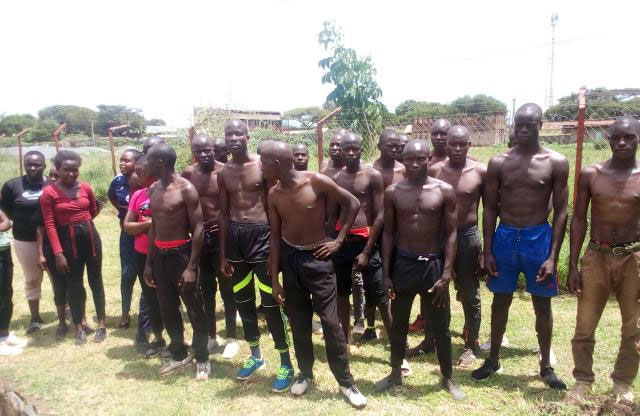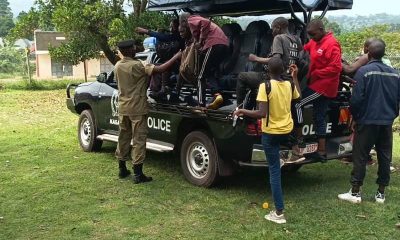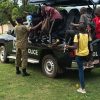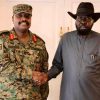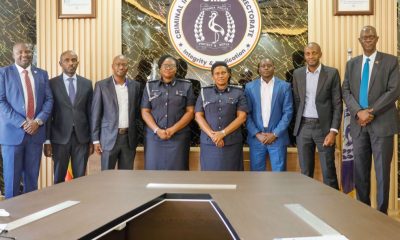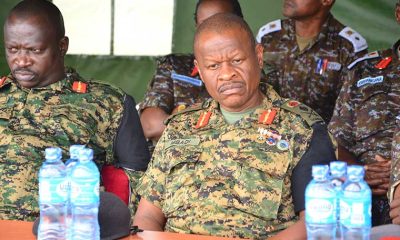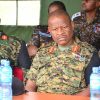Crime and Security
Why UPDF Recruitment is Faltering in North Karamoja
The Uganda People’s Defence Forces (UPDF) is grappling with a severe shortfall in suitable recruits from North Karamoja, exposing deeper structural challenges in documentation, education, and preparedness among young people in the region.
The ongoing recruitment exercise, which began Tuesday in Kaabong, Karenga, Kotido, and Abim districts, has so far yielded less than half the target. Of the 228 recruits the army hoped to enlist from the area, only 106 passed the necessary tests. The failures, according to UPDF 3rd Division Training Officer Col Santurino Mashereka Tumuranzye, were largely due to missing national identity cards, failed medical examinations, and the submission of forged documents.
“Many came without national IDs, others had fake papers, and some simply could not pass the health requirements,” Tumuranzye said. “We are struggling to meet our numbers.”
The statistics paint a worrying picture. In Kaabong, only 12 of 14 shortlisted candidates qualified; Karenga had 6 out of 8; Abim performed better with 71 of 92 making the cut; Kotido saw just 17 of 19 shortlisted turn up. While the numbers may look small, they are a symptom of deeper problems—low school enrolment, late birth registration, and limited access to formal identification services.
The UPDF has set an ambitious target of recruiting 1,001 candidates from Karamoja and Sebei combined. In recognition of the unique challenges in Karamoja, the army has introduced affirmative measures, including raising the age limit to 24 for Karamojong applicants and allowing those not on the official shortlist to try their luck.
However, the struggles in this year’s drive also point to lingering socio-economic realities. Many young people in Karamoja have delayed or interrupted schooling, often due to pastoralist lifestyles, insecurity, and poverty. Without formal education, they face hurdles in acquiring legal documents or meeting recruitment standards.
Saturday’s exercise in Moroto and Napak offered a similar mix of promise and disappointment, and the recruitment team now heads to Nakapiripirit for applicants from Amudat and Nabilatuk. Officials are urging candidates to arrive early and with original documents to avoid disqualification.
In a policy shift from previous years, successful recruits will be responsible for transporting themselves to the Kaweweta Basic Military Training School in Nakaseke district. While intended to promote responsibility, this change may further deter candidates from remote, economically strained communities.
For now, the army’s struggle to fill its ranks in North Karamoja is a reminder that recruitment challenges are rarely about physical ability alone—they are rooted in identity, opportunity, and the uneven spread of national systems meant to serve every Ugandan.
Comments



